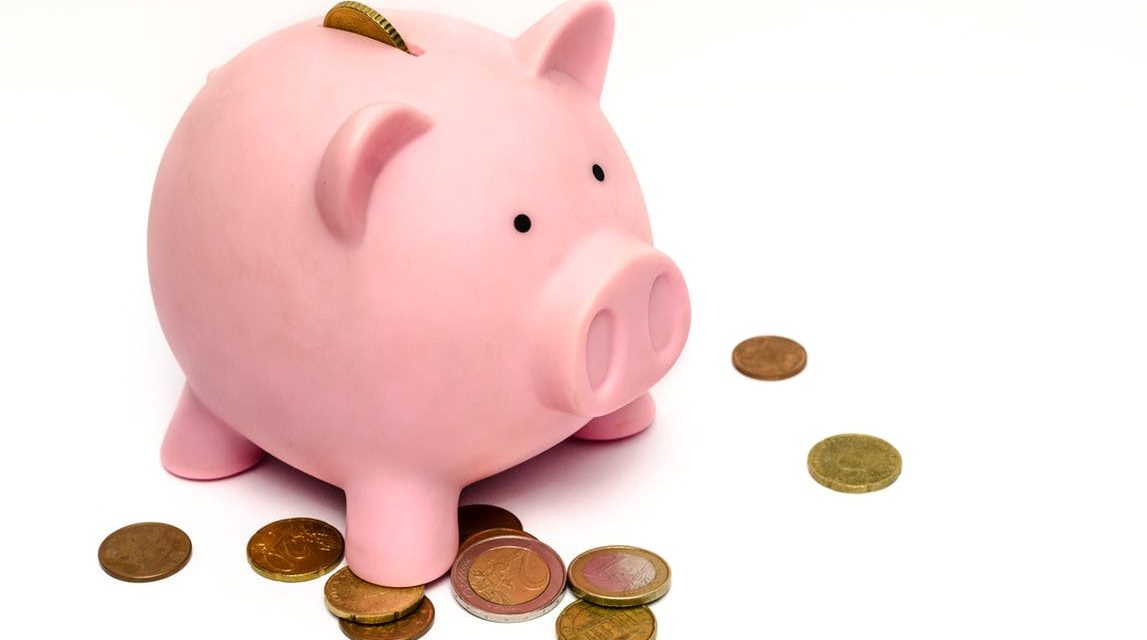The Economic disruption caused by the Covid19 virus has had significant impact on Investments around the world. Many of you will be concerned about your KiwiSaver balances falling, but unsure why this is the case.
Historically, many would say that it’s important to remember that it’s normal for markets to go up and down, and as a result your Fund balance will also move. It’s all part of the natural cycle that markets go through.
It’s impossible to make predictions as no one can accurately predict whether economies, markets and companies have hit the bottom, will fall further or are due to recover.
Why has my KiwiSaver balance reduced?
It’s important to note that no money has been “taken out” of your KiwiSaver account by the Fund provider or the Government.
Your KiwiSaver investment is a ‘unit trust’, where your money is pooled with that of other investors. The money is used to buy investments on behalf of everyone in the pool, or fund. Investors don’t own pieces of the individual investments, they own units in the trust that bought them.
Your KiwiSaver fund may hold units that are now valued at a lower price therefore impacting your overall portfolio value. For example, say you are in a growth fund that has 20% in international equities, the share price could have been higher in February than they are now, so if you portfolio included 20% of shares worth $10,000 in February, and now the share prices have fallen by 10%, your shares will now be worth $9,000. This is reflected in your balance. Its what could be called a “paper” loss. The loss would only be realized if you sold them at a lower price than you purchased them.
What type of investments make up your KiwiSaver fund, and how volatile are they?
The following chart has a very generic overview of how KiwiSaver funds are made up, and what sort of investment assets are in your portfolio. All asset classes have price movements based on market volatility.
| Fund | Defensive | Conservative | Balanced | Growth / Aggressive |
| Risk Profile | Lowest risk | Low risk | Medium risk | Higher risk |
| Volatility | Lowest volatility | Low volatile | Medium volatility | Higher volatility |
| Investment Return | Lowest returns/losses | Lower returns/losses | Medium returns/losses | Higher returns/loses |
|
Investment Product and weighting |
90%* cash
Bank Deposits Fixed Interest / Bonds
10%* shares/property
|
75%* cash
Bank Deposits Fixed Interest / Bonds
25%* shares / property |
50%* cash
Bank Deposits Fixed Interest / Bonds
50%* shares/property |
20%* cash
Bank Deposits Fixed Interest / Bonds
80%* shares/property |
* these percentages are not actual, they are generic for modelling purposes only. Please review your KiwiSaver information for the percentages that are relevant to your personal portfolio.
Your risk profile would usually be based on your life experience, your understanding of the financial markets, your current financial position and future goals, how you manage your money, and how close you are to retiring.
Some people are naturally more conservative with their KiwiSaver, while others are happy to take risks in the hope of bigger gains. The critical thing for you to decide is how much risk you are comfortable with based on your personal situation.
Your risk tolerance may also have changed as a result of the pandemic. Prior to these events you may have considered your job and home situation stable, and have therefore be a balanced or aggressive investor, yet as a result of the lockdown and state of emergency, your priorities may have changed, and you may feel more risk averse.
Should I change the type of fund my KiwiSaver account is invested in?
We recommend you seek personalized Financial Advice from an Investment Advisor who can provide specific advice on your circumstances.
In these uncertain and challenging times caused by COVID-19, good quality financial advice is more important than ever. If you want to talk to a quality financial adviser, reach out to a Financial Advice NZ member today. https://financialadvice.nz/find-an-adviser/
It’s important to note that changing your KiwiSaver fund from Growth to Conservative after the market prices have fallen will lock in any losses as you will need to sell growth assets to buy more conservative assets. When the market recovers, buying back into growth assets (like shares) will be more expensive, meaning you may likely have fewer growth assets in your portfolio than prior to the crisis.
If you are able to stay the course, then over time, the market volatility should balance out and your KiwiSaver account balances should increase again when the market recovers, so if your retirement is 20-30 years away, you have time for the markets to turn. However, if you have a short amount of time until retirement, you may wish to minimize the risk of further volatility and potential losses.
Getting the right advice before making your decision would be the most suitable solution
Should I decrease the amount I contribute or stop contributions altogether?
This all depends on your personal financial situation. As yet we do not know what the future hold with our jobs, the full economic impact, or how long we may be in a recession. If you are struggling to pay your basic necessities for your home and household expenses, it may be appropriate to reduce or stop your contributions.
The KiwiSaver Act 2006 states that all employees who have contributed and been a member for 12 months or more can have a savings suspension for 3 months to 1 year. You don’t need to give a reason and you can have as many savings suspensions as you want. You can take them back-to-back.
Your options are:
- reduce your payment to the lowest level of 3%. You will need to get in touch with your employer and complete the KiwiSaver KS2 deduction form.
- suspend your KiwiSaver contributions by completing the Savings suspension form KS6. However its important to note that you will no longer receive your employer contributions for the suspension period, and you may also lose the Government tax credit of $521.43 per annum.
How can you qualify for the Government tax credit while you are on a Savings Suspension?
You can make voluntary contributions if you wish. If you contribute at least $1,042.86 each year ($20.06 per week) between 1 July and 30 June per annum, you will receive the Government contribution tax credit of $521.43 tax credit.
You would need to contact your KiwiSaver provider to check what your current contributions are and how much more is needed for you to qualify for the MTC to 30 June 2020. To make voluntary contributions, you can set up a direct debit to deduct from your bank account and pay into your KiwiSaver fund.
Can I withdraw my KiwiSaver money?
The KiwiSaver Act 2006 allows you to withdraw some of your funds for your first home purchase subject to qualification, and again at retirement age where you can withdraw all or just some of your funds.
However, if you are suffering financial hardship, or a serious illness, you may be eligible for a withdrawal subject to meeting the required policy criteria which can include providing evidence of financial hardship for reasons outside your control.
If your financial circumstances have changed for reasons within your control, your application may not be accepted.
How safe is your KiwiSaver Fund?
The KiwiSaver Act 2006 details that your investments is required to be held by a licensed trustee and not the scheme provider. This means your investments are being held in trust and are supervised by an independent trustee.
For publicly offered KiwiSaver schemes, the trustee (which must be completely independent of the provider) also has the role of checking whether the provider complies with its legal obligations. You can find out who acts as the trustee of your KiwiSaver fund in your investment statement.
KiwiSaver is not guaranteed by the Government. This means you make your investment choices in a KiwiSaver scheme at your own risk. However, all KiwiSaver schemes are regulated by the Financial Markets Authority in a similar way to other registered superannuation schemes.
Remember if you want to talk to a quality financial adviser, reach out to a Financial Advice NZ member today. https://financialadvice.nz/find-an-adviser/









